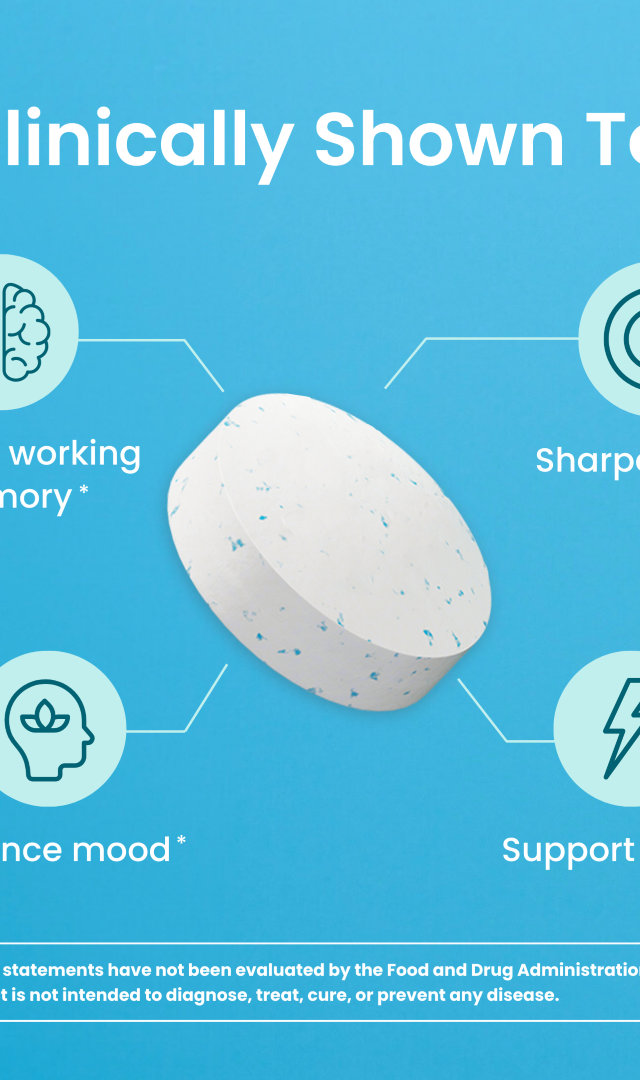Have you ever wondered how some people can fast for extended periods without feeling hungry? It seems almost magical, right? The idea of going without food for hours or even days while maintaining a sense of satiety may seem counterintuitive. Yet, there are individuals who can fast effortlessly, reaping the numerous health benefits that fasting offers. So, what's their secret?
In this article, we will delve into the world of fasting and explore ten sneaky tips to fast without feeling hungry including staying hydrated, incorporating electrolytes, practicing mindful eating, distracting yourself, etc. Fasting has gained popularity not only for its potential weight loss benefits but also for its ability to improve metabolic health, enhance cognitive function, and promote cellular repair. By understanding the science behind fasting and implementing these practical strategies, you can unlock the secret to fasting comfortably while keeping hunger at bay.
What is fasting?
Before we delve into the tips, let's briefly define fasting. Fasting is a practice that involves voluntarily abstaining from food or drink for a specific period. It has been practiced for centuries for various reasons, including religious, spiritual, and health purposes. While there are different types of fasting, such as intermittent fasting, alternate-day fasting, and extended fasting, the common goal is to give the body a break from constant food intake and tap into its natural healing and rejuvenating processes.
Will you feel hungry at the beginning of fasting?
When you first embark on a fasting journey, especially if you're new to it, it's natural to wonder if hunger will be a constant companion during the initial stages. The truth is, your body may initially signal hunger cues as it adjusts to the change in eating patterns. However, the good news is that these hunger signals often diminish over time as your body adapts to the fasting routine and taps into alternative sources of energy.
Why are you not hungry while fasting?
Understanding the reasons behind decreased hunger during fasting can help demystify the process and provide insight into why it occurs. Several physiological and psychological factors contribute to reduced hunger during fasting. Let's explore some of the key explanations:
a) Hormonal Regulation: Fasting triggers hormonal changes in the body, such as a decrease in the hunger hormone ghrelin and an increase in hormones like peptide YY and glucagon-like peptide-1, which promote feelings of fullness.
b) Metabolic Adaptation: During fasting, the body switches from relying on glucose as its primary energy source to utilizing stored fat for fuel. This metabolic shift leads to the production of ketone bodies, which can help suppress appetite and decrease hunger.
c) Enhanced Insulin Sensitivity: Fasting can improve insulin sensitivity, allowing the body to utilize glucose more efficiently. Stable blood sugar levels help prevent sharp drops in energy and subsequent hunger cravings.
d) Gut-Brain Communication: The communication between the gut and the brain plays a crucial role in hunger regulation. Fasting can modulate this communication, leading to the release of hormones like cholecystokinin, which signals satiety and reduces hunger.
10 Sneaky Tips to Fast Without Feeling Hungry
Now that we have a better understanding of the reasons why fasting reduces hunger, let's explore 10 sneaky tips to help you fast without feeling hungry:
1. Stay Hydrated: Drinking an adequate amount of water throughout the fasting period can help curb hunger pangs and keep you feeling satiated.
2. Incorporate Electrolytes: Adding electrolytes, such as sodium, potassium, and magnesium, to your water can replenish essential minerals and help maintain balance in your body while fasting.
3. Consume Fiber-rich Foods: Including high-fiber foods like vegetables, fruits, and legumes during your eating windows can provide a sense of fullness and promote digestive health.
4. Opt for Protein: Prioritize protein-rich foods in your meals as they increase satiety and promote muscle preservation during fasting.
5. Choose Healthy Fats: Incorporate sources of healthy fats, such as avocados, nuts, and olive oil, into your meals. Fats take longer to digest, keeping you satisfied for a longer time.
6. Practice Mindful Eating: During your eating windows, focus on savoring each bite and paying attention to your body's cues of hunger and fullness. Eating mindfully can help you feel more satisfied with smaller portions.
7. Utilize Herbal Tea and Coffee: Drinking herbal tea or black coffee during fasting periods can help suppress appetite and provide a sense of satiety. However, be mindful of not adding any sweeteners or creams that may break your fast.
8. Distract Yourself: Engage in activities that keep your mind occupied and distract you from thoughts of hunger. Whether it's pursuing a hobby, reading a book, or spending time with loved ones, staying mentally engaged can help reduce the focus on food.
9. Practice Light Exercise: Incorporating light physical activity, such as walking or gentle yoga, during fasting periods can help distract from hunger, boost metabolism, and enhance overall well-being.
10. Gradually Increase Fasting Duration: If you're new to fasting, start with shorter fasting periods and gradually increase the duration over time. This allows your body to adapt and reduces the likelihood of experiencing extreme hunger.
Conclusion:
Fasting can be an effective tool for achieving various health benefits, but it's natural to have concerns about feeling hungry during the fasting period. However, by understanding the physiological and psychological factors that contribute to decreased hunger while fasting, you can employ these sneaky tips to make your fasting journey more manageable.
Remember to listen to your body's cues, stay hydrated, and prioritize nutrient-dense foods during your eating windows. Experiment with different strategies to find what works best for you and consider seeking guidance from a healthcare professional or registered dietitian, especially if you have any underlying health conditions.
Ultimately, fasting without feeling hungry is about finding a balance that works for your body and lifestyle. With practice and patience, you can navigate the fasting process while minimizing hunger pangs and maximizing the benefits for your overall well-being.
So, whether you're embarking on intermittent fasting, alternate-day fasting, or an extended fast, these sneaky tips will help you navigate the journey with ease, allowing you to harness the potential benefits of fasting while maintaining a comfortable level of hunger control. For more information on the topic, check out our article Why I'm not hungry after fasting?
About the Author

Ryan Chen is the CFO and co-founder of Neuro, a gum and mint company that enhances your health and wellness in the most convenient, affordable, and portable way possible.
Despite being injured in a snowboard accident that left him paralyzed at 19, Ryan went on to graduate with degrees in two very different subjects--Economics and Chemistry--and later trained in racing with the US Paralympic team. His strong intellectual background combined with vigorous resilience has earned him recognitions such as Forbes 30 Under 30.
Find him on LinkedIn here:
Ryan Chen






















